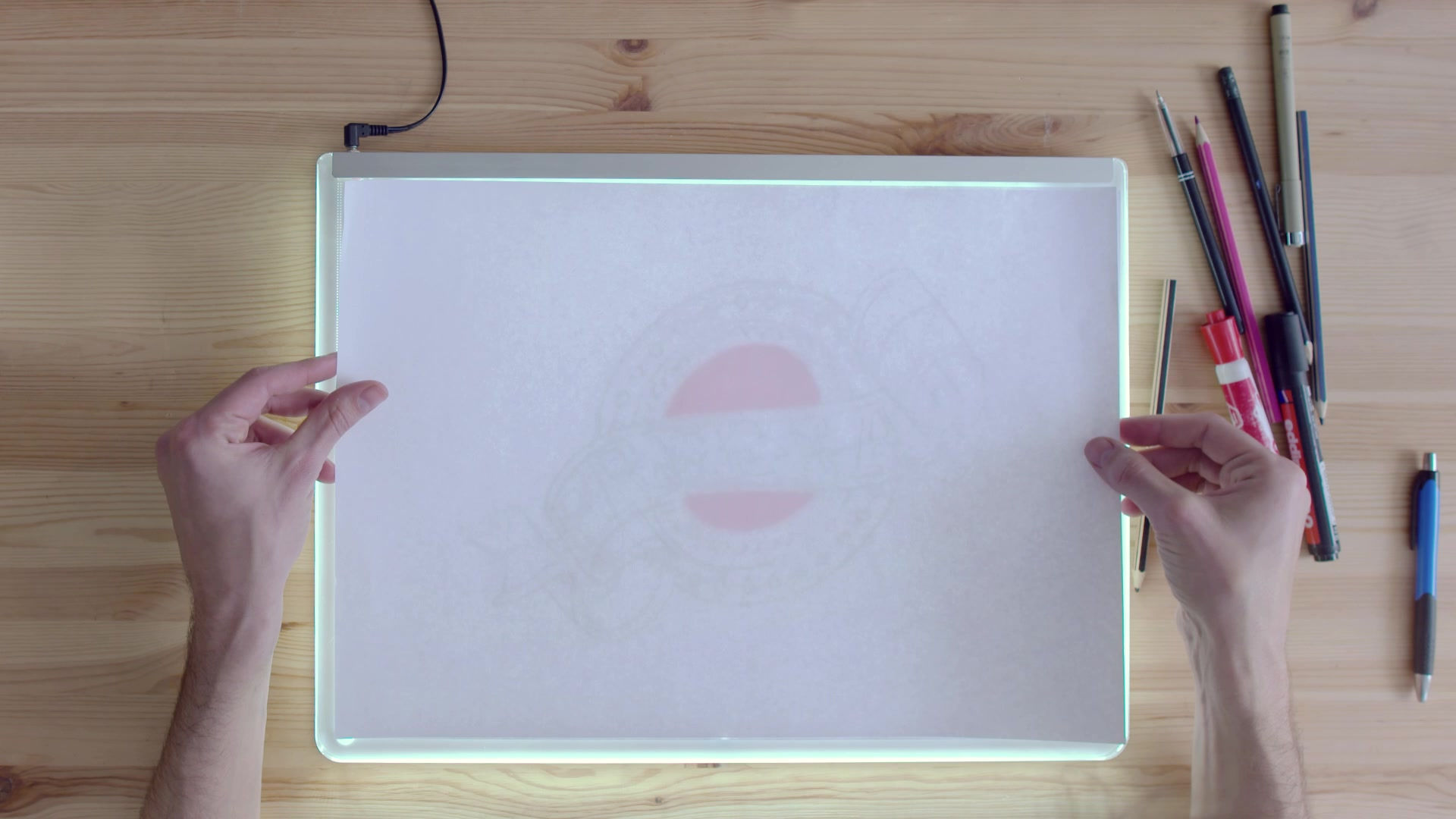Deaf Parents and CODA Children: Nurturing Strong Bonds and Embracing Deaf Culture
- Cheryll Atienza

- Aug 20, 2023
- 3 min read
Updated: Feb 6

Parent-child relationships are beautifully complex, and when the parents are Deaf and their children are CODA (Children of Deaf Adults), the dynamics become even more unique. In this article, we delve into the wonderful world of Deaf parents and their CODA children, exploring the profound bonds they share, the positive memories they create, and the importance of embracing Deaf culture. We'll also discuss the significance of not forcing CODA children into sign language, avoiding judgments, and ensuring effective communication without solely relying on them.
The Unique Bond between Deaf Parents and CODA Children
Deaf parents and their CODA children often share a special bond that goes beyond spoken words. Communication in such families is rich with visual cues, body language, and facial expressions, which fosters a unique level of understanding and connection. These families create a nurturing environment where both deaf parents and CODA children can flourish.
Building Cherished Memories
Memories are the building blocks of any family's history, and in households with Deaf parents and CODA children, these memories are truly unique. Simple activities like cooking, playing games, or watching movies become opportunities for profound interactions. These shared experiences contribute to a strong sense of togetherness and belonging.
Encouraging CODA Children to Embrace Deaf Culture
Deaf culture is rich and diverse, encompassing a unique language (American Sign Language or ASL), traditions, and a strong sense of community. Deaf parents often play a crucial role in encouraging their CODA children to embrace this culture. Exposing CODA children to ASL and cultural events from an early age helps them connect with their heritage and build a sense of identity.
The Pitfalls of Forcing Sign Language
While introducing CODA children to ASL is important, it's equally crucial not to force them into learning sign language if they're not naturally inclined. Forcing a language upon them can lead to resistance, lack of interest, and potential resentment. Instead, parents should provide opportunities for exposure and let their children decide their level of engagement.
Avoiding Judgment and Pressure
Deaf parents often face challenges from others who may not understand their unique dynamics. It's important for both family members and outsiders to avoid judging or pressuring CODA children to conform to expectations. Each individual's journey is personal, and pushing them in a particular direction can have negative consequences.
Effective Communication Strategies
Communication is the cornerstone of any relationship, and in a household with Deaf parents and CODA children, finding effective strategies is essential. While CODA children often play a role in interpretation, it's important not to rely solely on them for communication with the outside world. Deaf parents should explore alternative methods, such as written communication or hiring interpreters when necessary.
Balancing Responsibilities
Deaf parents have a unique responsibility to ensure effective communication with the hearing world. While CODA children can be incredibly skilled at interpretation, it's not fair to burden them with this responsibility at all times. Deaf parents should have their own interpreters when needed, allowing CODA children to focus on their own lives, studies, and careers.
Supporting CODA Children's Independence
CODA children deserve the opportunity to lead fulfilling lives without feeling constantly responsible for their parents' communication needs. Deaf parents can encourage this independence by fostering open conversations, understanding their children's aspirations, and ensuring they have the tools to pursue their dreams.
Collaboration, Not Dependency
Healthy relationships are built on collaboration and mutual support, and the family dynamic in households with deaf parents and CODA children is no different. By working together to find the most effective communication strategies, the family can thrive as a unit, creating an environment of understanding, empathy, and love.
Nurturing Strong Bonds and Embracing Diversity
In conclusion, the bond between Deaf parents and CODA children is a unique and beautiful one, filled with shared memories, experiences, and a deep connection. Embracing Deaf culture, respecting individual choices regarding sign language, and promoting open communication are key to fostering a healthy and thriving family dynamic. By recognizing the importance of collaboration and avoiding unnecessary burdens on CODA children, Deaf parents can ensure that their children lead enriched lives while staying connected to their cultural roots.























































Comments